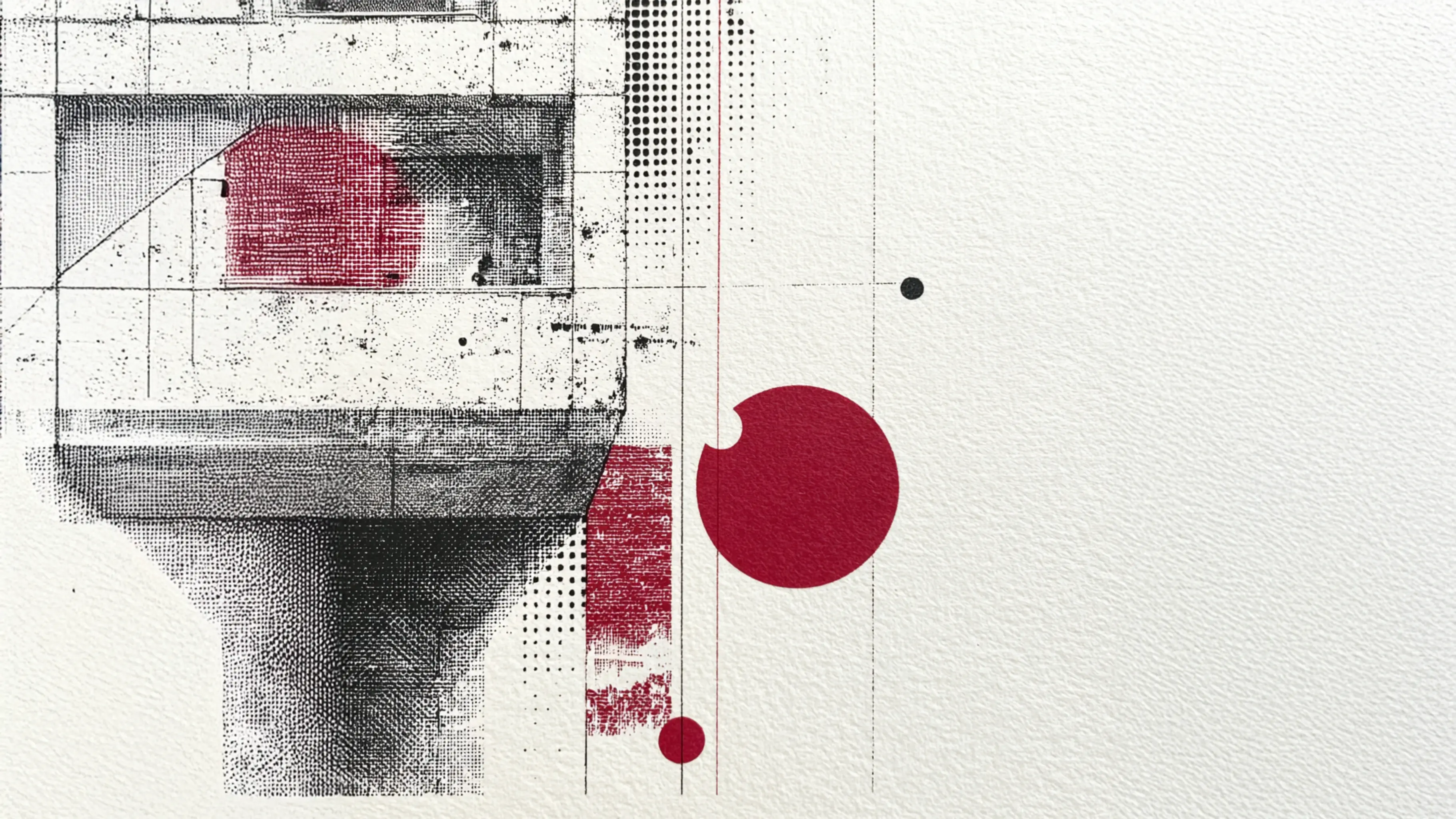Why CIOs should care about AI-driven finance
It all started with a small anomaly. What looked like a routine invoice approval ended in a $50,000 loss. An invoice didn’t match a PO. A supplier’s name was altered. A payment was approved automatically. It seemed like nothing was amiss—until it...
